38 aquatic food web diagram
GLERL has developed food web diagrams for all of the Great Lakes and Lake St. Clair. The major species in each lake are briefly described, along with a diagram summarizing the ecosystem energy flow (who eats or is eaten by whom!). aquatic habitat. Evaluating the food webs will determine if the students were able to organize the plants and animals to create an accurate food web. Evaluating student responses during follow-up discussions will identify misconceptions. Additional activities to address misconceptions should be provided. ... See food web diagram for answers 3 ...
The diagram shows part of an aquatic food web for a stable lake ecosystem in Connecticut. What is the source of energy for the algae? answer choices . waves. sunlight. bacteria. rotifers, water fleas and tadpoles. Tags: Question 8 . SURVEY . 120 seconds . Report question . Q.

Aquatic food web diagram
The Food Web Averie Daniels and Madison Strama. 2. Food Web A food web consists of many food chains. A food web shows many different paths that connect plants and animals. A food web is many food chains connected. A food chain only follows one path of an animal finding food. There are two types of food chains: Aquatic and terrestrial Aquatic ... Web Hosting MSU offers multiple web hosting options that can be used as a replacement for AFS. Free Options: D2L. This easy-to-use platform will make it simple to recreate websites with built-in tools, however, there is no full publicly-facing option available. Cascade 20-12-2021 · It's official, 2021 was Aotearoa New Zealand’s warmest year on record. The year 2021 finished with an average temperature of 13.56°C in New Zealand, this was 0.95°C above average (relative to the 1981-2010 baseline) and surpassed 2016 to become the country's new warmest year on record.
Aquatic food web diagram. Mercury (Hg) is a global pollutant of concern because its organic and more toxic form, methylHg (MeHg), bioaccumulates and biomagnifies through aquatic food webs to levels that affect the health of fish and fish consumers, including humans. A freshwater aquatic food web. The blue arrows show a complete food chain ( algae → daphnia → gizzard shad → largemouth bass → great blue heron) A food web is the natural interconnection of food chains and a graphical representation of what-eats-what in an ecological community. Another name for food web is consumer-resource system. Sep 17, 2021 · Each tier of the Food Recovery Hierarchy focuses on different management strategies for your wasted food. The top levels of the hierarchy are the best ways to prevent and divert wasted food because they create the most benefits for the environment, society and the economy. Click on the links below to learn more about the tiers of the hierarchy. The diagram shows part of an aquatic food web for a stable lake ecosystem in Connecticut. What is the source of energy for the algae? A. waves B. sunlight C. bacteria D. rotifers, water eas and tadpoles 23. Ecosystems are composed of all living and nonliving components in an area. Food webs
Energy in the Food Web. This diagram shows a mid-Chesapeake Bay food web (salinity 5-20 parts per thousand). Roll your mouse over the orange polygons below to highlight who eats whom. This chart tracks carbon, the raw material for energy, as metabolism breaks down organic matter. Much of that energy is lost, but carbon is continually recycled. The greater the number of alternative pathways the more stable is the community of living things. Fig. 3.10. illustrates a food web in ecosystem. Ecological pyramid: The trophic structure of an ecosystem can be indicated by means of ecological pyramid. At each step in the food chain a considerable fraction of the potential energy is lost as heat. Creating a food web is a really great way to learn more about how organisms and animals live in their natural habitats. While a food chain shows how ecosystems function in a linear way, a food web is a more visual approach with multiple animals connected to one another. The diagram below is an example of a food web. To explore food webs in more detail, try the Interactive Food Web component (located on the right-hand side of this page). Next: Aquatic Ecosystems: Biomass and Production
Food web diagram is a complicated structure as there are multiple animals present in the system. The energy flow in the food Web depends on the habitat and the animals present in the habitat. Therefore, learning about a food Web is difficult. They can use a food web diagram for that. However, creating a food web diagram by hand can be difficult. AQUATIC FOOD WEB. STUDY. PLAY. FOOD CHAIN. Series of steps in which organisms transfer energy by eating and being eaten. (carp) SUN. ... Diagram showing energy flow in an ecosystem. Producers are on the bottom while consumers are on the higher levels of the pyramid. APPROXIMATELY 10%. 28-02-2020 · A food web is a "who eats whom" diagram that shows the complex feeding relationships for a particular ecosystem. Learn about the different types of food webs, examples, and how it differs from a ... In the Aquatic Food-Web domain, animals, namely, fish, are a consistent focus, and there is more emphasis on terms related to species interactions (i.e. 'predator', 'food web', 'trophic'; Fig. 3). The central location of these two research domains reflects common word use and interests of many scientists.
Aquatic birds love to stay close to bodies of water. Surprisingly, ... While a food chain follows a singular link, a food web shows how diverse and interconnected an ecosystem's food sources can be. Explore what a food web is in science through a food web diagram.
Particulate organic matter (POM) is a fraction of total organic matter operationally defined as that which does not pass through a filter pore size that typically ranges in size from 0.053 and 2 milimeters. Particulate organic carbon (POC) is a closely related term often used interchangeably with POM. POC refers specifically to the mass of carbon in the particulate organic material, …
Antidepressants are one of the most commonly prescribed pharmaceutical classes for the treatment of psychiatric conditions. They act via modulation of brain monoaminergic signaling systems (predominantly serotonergic, adrenergic, dopaminergic) that show a high degree of structural conservation across diverse animal phyla. A reasonable assumption, therefore, is that exposed fish and other ...
Marine Food Webs. 1. Build background about marine trophic pyramids and food webs. Review with students that food chains show only one path of food and energy through an ecosystem. In most ecosystems, organisms can get food and energy from more than one source, and may have more than one predator. Healthy, well-balanced ecosystems are made up ...
02-02-2022 · Food web is an important conceptual tool for illustrating the feeding relationships among species within a community, revealing species interactions and community structure, and understanding the ...
A food web shows feeding relationships in an ecosystem.In this food web, what is represented by the chains of arrows from the grass to the fox? A. the one-way flow of energy through the ecosystem B. the one-way flow of matter through the ecosystem C. the conservation of energy in the ecosystem D. the removal of energy from the ecosystem
QUESTION 2 The diagram below shows an aquatic food web. Study the diagram and then answer the questions which follow: Great White Shark Dolphin Sea Turtle Moon Jellyfish Clowrffish Ang Decomposers: Sea Cucumber Starfish Seaweed Algae Plankton Identify the following from the diagram: а. i. A primary consumer ii. Microscopic autotrophs ii.
Freshwater food web. This food web shows the role played by invertebrates (animals without backbones), such as mayflies and stoneflies, in freshwater ecosystems. The arrows indicate what eats what. Invertebrates feed on living and dead plant matter, and on each other. Invertebrates are an important link in the food web as they convert the ...
An Arctic food web includes the following organisms. (a) Refer to the diagram above to complete the following table. (3 points; 1 point for correct identification of each organism in the table) ... In the first part of the question, the stimulus provided an Arctic food web with several aquatic organisms that was
A food web is a diagram of the links among species in an ecosystem - essentially who eats what. A food chain shows only the organisms that contribute to the diet of the top consumer. Figures 1 and 2 show examples of typical terrestrial and aquatic food webs, respectively.
The Food Web Aquatic Ecology. Aquatic Ecology Page 2. Aquatic Ecology Page 3 aquatic vegetation covers the waters surface. The pond has reached the age of senescence. Willows, cypress, cattail and other shoreline plants advance toward the ponds center. Eventually rooted plants cover the pond bottom
Examples of Aquatic Animals • Some examples of aquatic organisms found in the ocean are: Sea plants, plankton, shrimp, jellyfish, sea stars, tuna, marlin, dolphin, and sharks 7. Your Turn! • Create diagrams of a terrestrial and an aquatic food chain that includes at least four organisms starting with a plant.
Food webs describe who eats whom in an ecological community. Made of interconnected food chains, food webs help us understand how changes to ecosystems — say, removing a top predator or adding nutrients — affect many different species, both directly and indirectly. Phytoplankton and algae form the bases of aquatic food webs. They are eaten by primary consumers lik
Students complete a lake food web challenge, learn how all organisms in the lake ecosystem are interconnected, and explain how aquatic invasive species can impact the food web. Objectives Students will be able to: build a lake food web. explain how aquatic invasive species impact the lake food web.
Mr Edy shows you how to measure the rate of reaction between amylase and starch at different pH.
Jan 14, 2022 · The stable-phase equilibria of the aqueous quaternary system K+, Rb+, Cs+//SO42––H2O was investigated at T = 323.2 K using the isothermal dissolution equilibrium method. The solubility, density, and refractive index of equilibrium solutions were determined using the chemical/instrument analysis method, the specific gravity bottle method, and the WYA Abbe refractometer, respectively. The ...
Three Minnesota state parks offer yurts, which are insulated round canvas structures with wood floors, woodstoves and basic furnishings, available year-round. The windows open, and there is a skylight in the domed roof. They range from 16 to 20 feet in diameter and sleep 3 to 7 people. Some are accessible.
Sanitation within the food industry means the adequate treatment of food-contact surfaces by a process that is effective in destroying vegetative cells of microorganisms of public health significance, and in substantially reducing numbers of other undesirable microorganisms, but without adversely affecting the food or its safety for the ...
Food Webs The concept of a food chain is an abstraction or generalization. Ecosystems are more complicated than a single food chain would indicate. Most aquatic ecosystems contain many more species than those in a single food chain, and all of these species interact and are interdependent.
20-12-2021 · It's official, 2021 was Aotearoa New Zealand’s warmest year on record. The year 2021 finished with an average temperature of 13.56°C in New Zealand, this was 0.95°C above average (relative to the 1981-2010 baseline) and surpassed 2016 to become the country's new warmest year on record.
Web Hosting MSU offers multiple web hosting options that can be used as a replacement for AFS. Free Options: D2L. This easy-to-use platform will make it simple to recreate websites with built-in tools, however, there is no full publicly-facing option available. Cascade
The Food Web Averie Daniels and Madison Strama. 2. Food Web A food web consists of many food chains. A food web shows many different paths that connect plants and animals. A food web is many food chains connected. A food chain only follows one path of an animal finding food. There are two types of food chains: Aquatic and terrestrial Aquatic ...
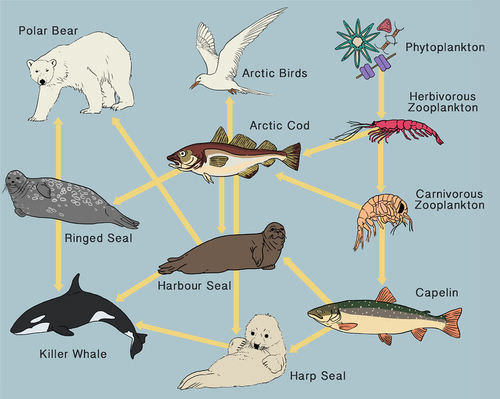
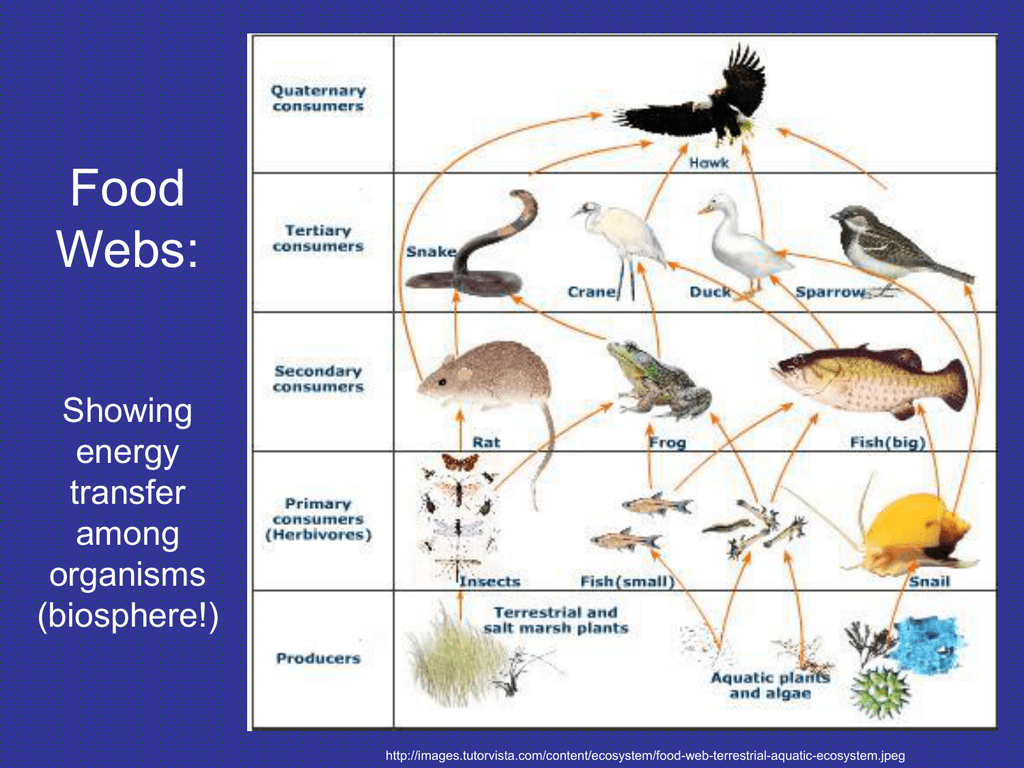

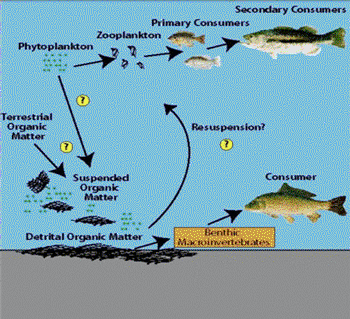


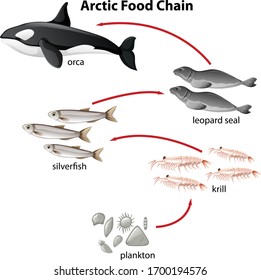
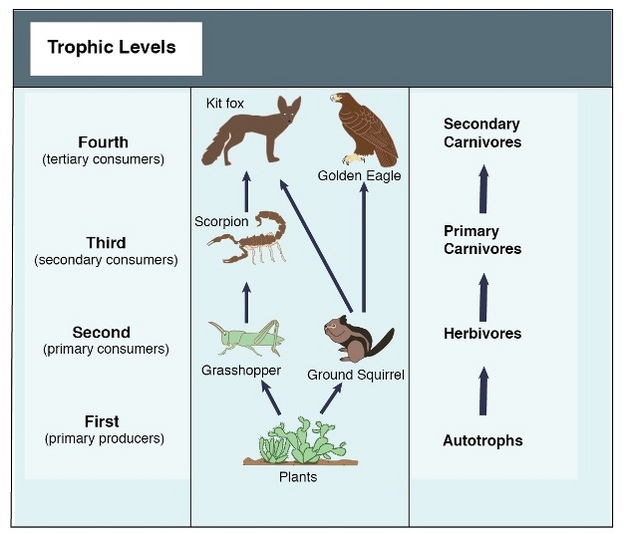



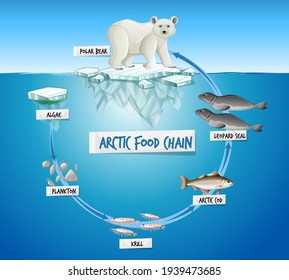






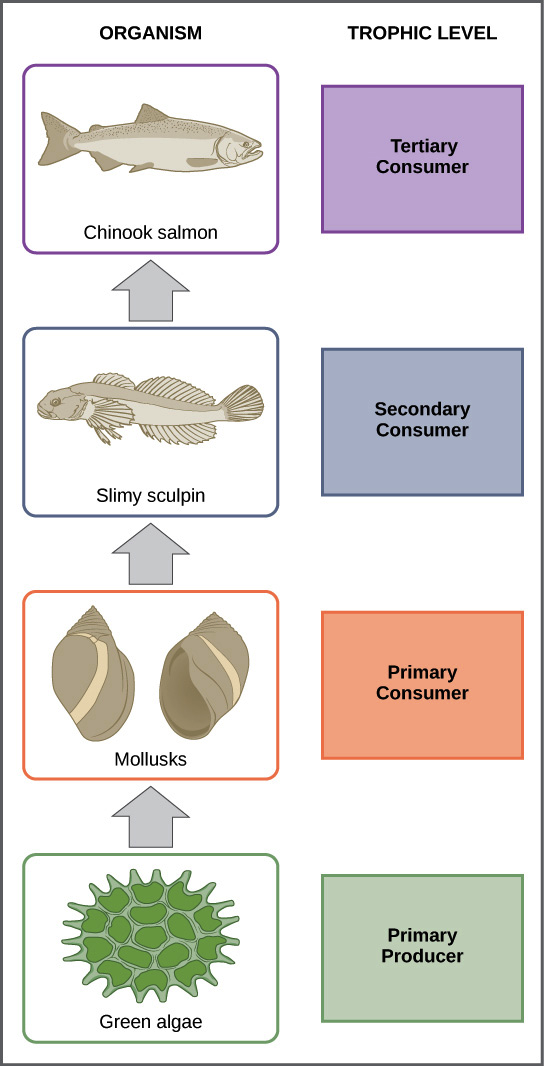



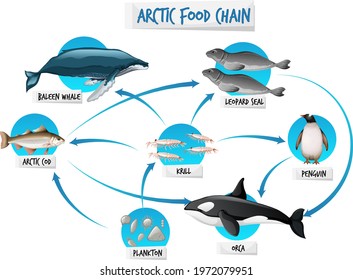


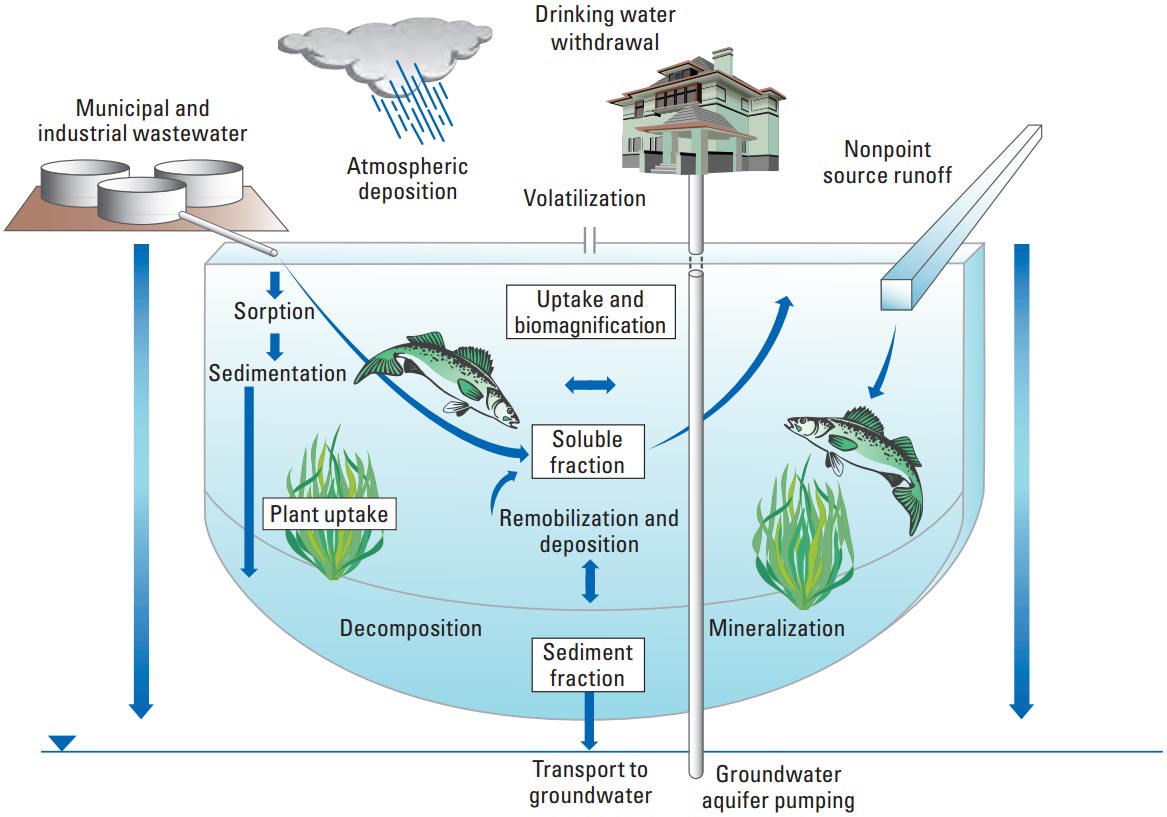



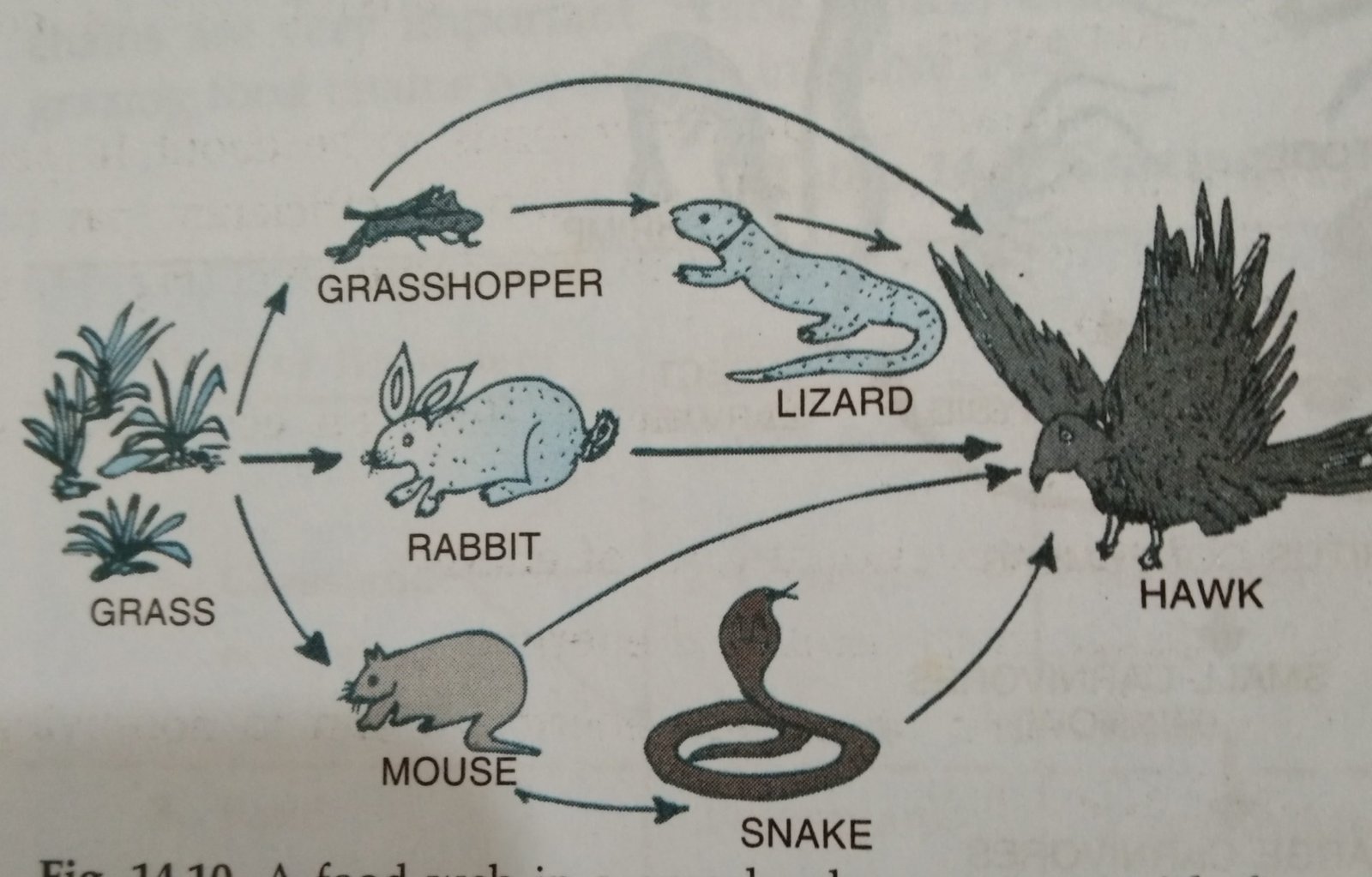
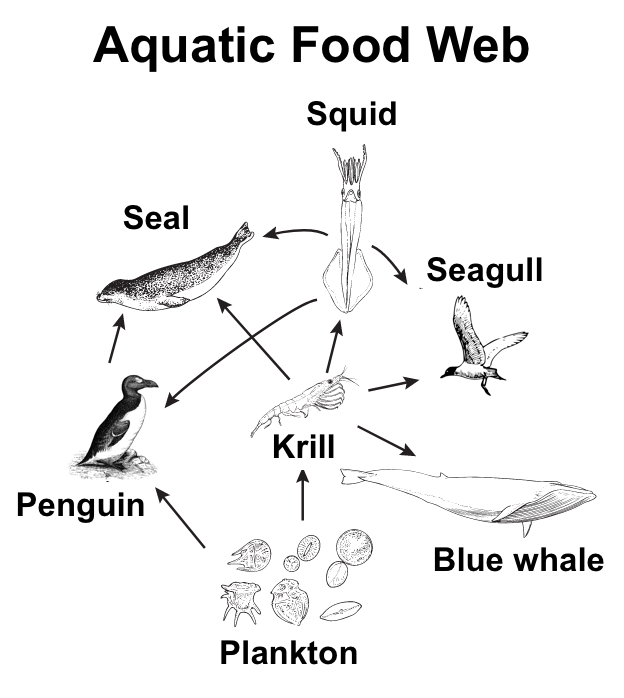



0 Response to "38 aquatic food web diagram"
Post a Comment